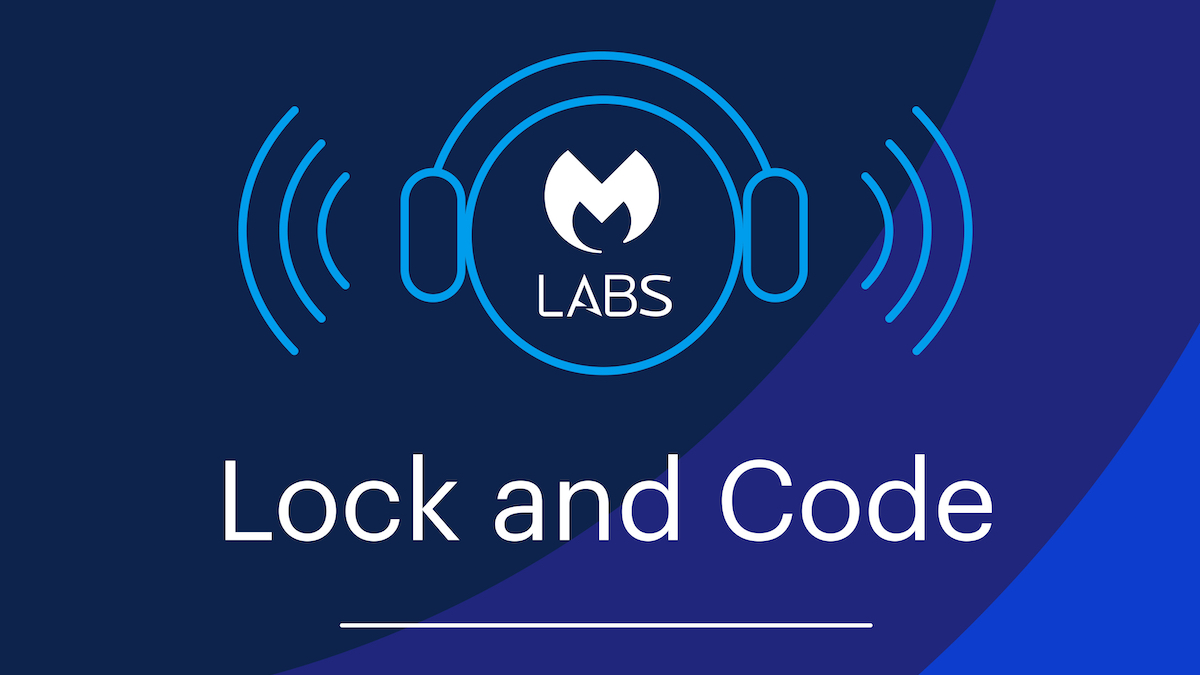Episode 19
Can you disappear online? (feat. Peter Dolanjski)
There’s more about you online than you know.
The company Acxiom, for example, has probably determined whether you’re a heavy drinker, or if you’re overweight, or if you smoke (or all three). The same company has also probably estimated—to the exact dollar—the amount you spend every year on dining out, donating to charities, and traveling domestically. Another company Experian, has probably made a series of decisions about whether you are “Likely,” “Unlikely,” “Highly Likely,” etc., to shop at a mattress store, visit a theme park, or frequent the gym.
This isn’t the data most people think about when considering their online privacy. Yes, names, addresses, phone numbers, and age are all important and potentially sensitive, and yes, there’s a universe of social media posts, photos, videos, and comments that are likely at the harvesting whim of major platforms to collect, package, and sell access to for targeted advertising.
But so much of the data that you leave behind online has nothing to do with what you willingly write, post, share, or say. Instead, it is data that is collected from online and offline interactions, like the items you add in a webpage’s shopping cart, the articles you read, the searches you make, and the objects you buy at a physical store.
Importantly, it is also data that is very hard to get rid of.
Today, on the Lock and Code podcast with host David Ruiz, we speak with Peter Dolanjski, director of product at DuckDuckGo, about why the internet is so hungry for your data, how parents can help protect the privacy of their children, and whether it is pointless to try to “disappear” online.
“It’s not futile… Taking steps now, despite the fact that you already have information out there, will help you into the future.”
Tune in today.
You can also find us on Apple Podcasts, Spotify, and whatever preferred podcast platform you use.
For all our cybersecurity coverage, visit Malwarebytes Labs at malwarebytes.com/blog.
Show notes and credits:
Intro Music: “Spellbound” by Kevin MacLeod (incompetech.com)
Licensed under Creative Commons: By Attribution 4.0 License
http://creativecommons.org/licenses/by/4.0/
Outro Music: “Good God” by Wowa (unminus.com)
Listen up—Malwarebytes doesn't just talk cybersecurity, we provide it.
Protect yourself from online attacks that threaten your identity, your files, your system, and your financial well-being with our exclusive offer for Malwarebytes Premium for Lock and Code listeners.


